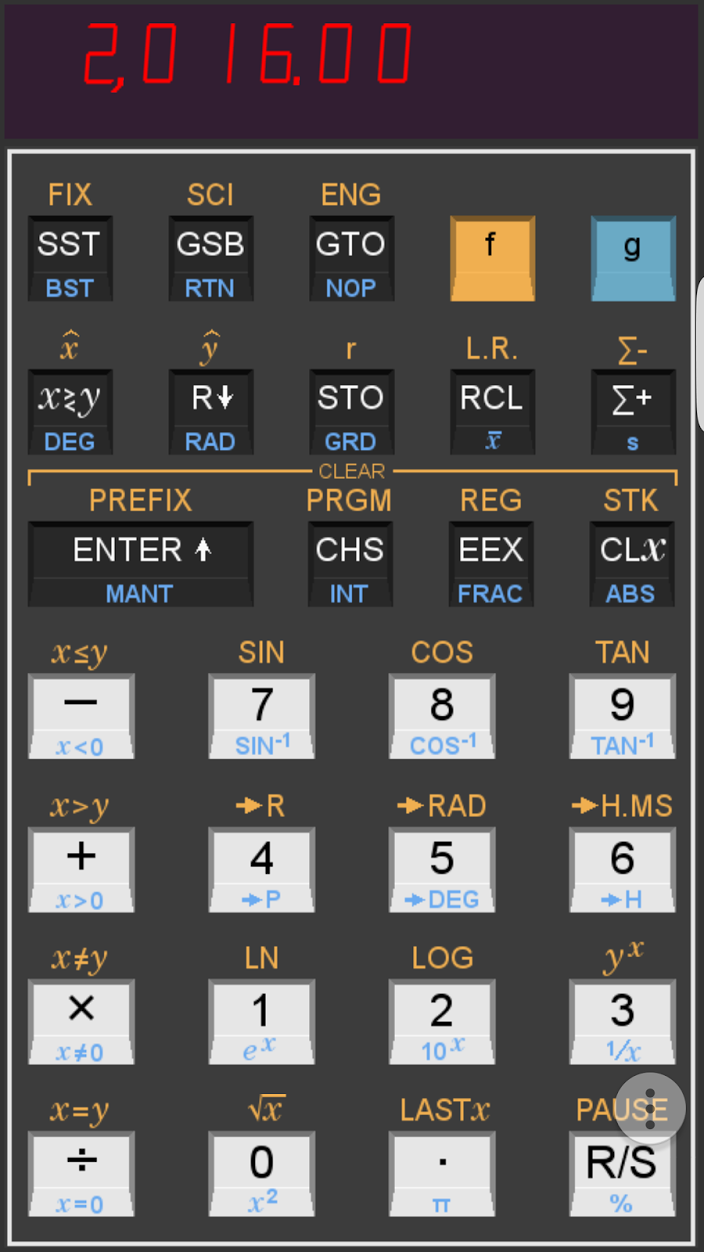In January, Alan Borsuk, a senior fellow in law and public policy at Marquette University Law School, wrote an essay in the Journal Sentinel about Wisconsin’s mercurial standardized-testing regime. See, Wisconsin grades as proficient in standardized testing chaos.
Borsuk observes the scene over the last few years:
The standardized tests a few hundred thousand Wisconsin third- through eighth-graders will take this spring will be the third version of such tests used in three years, each with a different definition of proficiency.
Months overdue, results the Department of Public Instruction released Wednesday did not include data for individual schools or districts or for private schools taking part in the voucher program, a big step backward from past practice.
The state testing picture has been chaotic of late. There seems to be some hope it will settle into a more consistent, maybe even helpful testing routine, starting this spring. But the ups and downs of the last couple of years justify skepticism.
Since substantive topics could not have changed much over this brief period, and the science of test-taking cannot possibly have changed meaningfully over the same brief time, there is only a political explanation (not left or right, but instead deeper than either) for the swings from one test to another. Either the political class failed to choose tests properly somewhere along the way, or they’re still failing to choose properly.
Toward the end of his essay, Borsuk mentions recent state ACT scores:
Last year, close to all Wisconsin 11th-graders took the ACT college-admission test. In the past, the ACT was voluntary; 73% of students in the Class of 2015 took it, including 12th-graders and some who took it multiple times. Officials last summer reported an average ACT score of 22.2 for Wisconsin, which politicians of all stripes bragged about. In the new data, based on almost all juniors, the average score was 20.0. This is almost certain to mean politicians will:
a. Talk a lot less about average ACT scores in Wisconsin.
b. Overlook inconvenient details and keep talking about a 22.2 average.
He implies that the correct answer is a combination of (a) and (b): speaking less about inconvenient facts, and relying on stale data.
Turns out that his implication is spot on.
I’d recommend the full essay to readers.
THE EDUCATION POST: Tuesdays @ 10 AM, here on FREE WHITEWATER.


Thank you for posting the link to Borsuk’s full article. The ACT is common currency for the general public, realtors, parents, etc to evaluate a school district’s performance. It’s a fair evaluation, but should not be the sole determinant of a district’s performance and indication of the student population. As noted, the composite score, when high, is touted and vice versa. I struggle with a single tool to evaluate performance, particularly when the basis of a score depends a student choosing the proper pathway. Take only the necessary requirements in language arts, math and science – one may not fare so well. Take a rigorous course load – one may fair well. So many variables, nonetheless, it is both a parent and district responsibility to educate children for whatever path the student may choose. There is much work still to be done.
Sorry for the “fair” typo, too quick to click.
Thanks much for your comments. There is much to be done, and it part of it must involve (as you observe) finding a particular path for a particular student. If we stop at the general, never reaching the particular, we’ll have missed something vital.